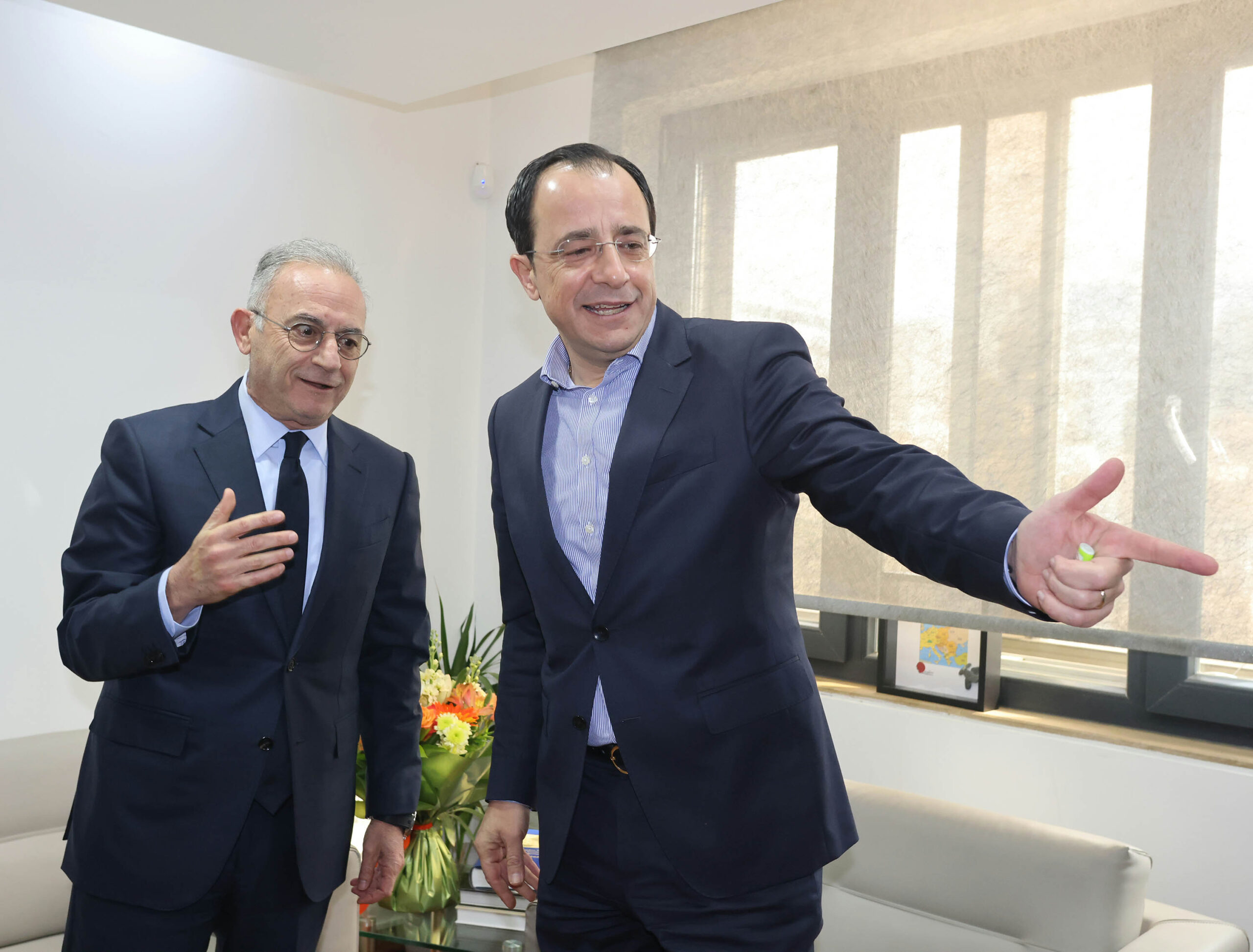There’s a feel-good factor surrounding the election of a new president after a narrow win for the former foreign minister Nikos Christodoulides.
He promised lots to many people, raising the expectancy levels of his new administration after ten years of the Nicos Anastasiades administration that was engulfed by the stench of corruption in its final years.
The former diplomat has been engaged in a balancing act since his election victory edged out another career diplomat Andreas Mavroyiannis by about 15,500 votes.
Talking a great government is far easier than delivering results once in the hot seat at the Presidency, where various interest groups and opposing political forces have to be placated.
Christoulides also understands that a majority of the electorate didn’t vote for him if you factor in the stay-away voters (27.55%).
Trust in the political system is floundering, with politicians needing to do more to convince the public of their sincere intentions.
For now, the new president is enjoying a honeymoon period where the benefit of the doubt is flexible as we wait and see what happens next.
During his campaign, Christodoulides promised a government of wider acceptance built on consensus rather fractious politics.
He has pledged a Cabinet of young able technocrats dedicated to good governance and transparency.
There has also been a firm commitment to a gender-balanced administration where women in government are the norm, not the exception.
These are lofty ideals for a president who must navigate a parliament where the Opposition rules.
It means that consensus is the only way to drive legislation through the House.
Whether Christodoulides has the temperament, experience and dexterity to navigate hostile territory remains to be seen.
All eyes are on the calibre of the Cabinet he will choose – will they get up to speed for the challenges ahead?
Is Christodoulides the right person with the strength and determination to take Cyprus forward in challenging times, or will he be a remodel of the previous conservative government?
On his priority list are solving the Cyprus problem, high energy prices and tackling the cost-of-living crisis.
Over his five-year tenure, Cyprus needs to go green and digital and improve social justice.
Other cornerstones that need reinforcing are the dysfunctioning education system and investment in national healthcare.
Despite its many faults, the previous decade of Anastasiades’ rule contended with an economic meltdown during the banking crisis followed by an unprecedented health emergency.
Many will feel we are in a better place than we were 10 years ago, but the cost of living is crippling households where pay hasn’t kept up with inflation.
Despite a (slow) drive towards digital transformation, there is a skills gap with a labour shortage to meet the demands of the tech industry that Cyprus needs to succeed.
Career horizons for younger generations are limited, with couples priced out of the housing market and high rents squeezing salaries.
This situation will not change overnight, but policy initiatives will point to the direction of travel of the new government.
International stage
On the international stage, Christodoulides is a great believer in building regional alliances based on shared interests, such as energy and security.
Nicosia has also entered the American sphere of influence and done much to mend fences while distancing itself from Russian aggression in Ukraine.
It wasn’t easy, but it has backed sanctions against Moscow under the EU umbrella.
After nearly six years in the deep freeze, Christodoulides is tasked with reviving forgotten Cyprus peace talks.
He wants more EU involvement in the peace process, so the pressure is applied on Ankara to be less belligerent and more constructive.
With a war raging in Europe, the last thing Brussels wants to do is get its nose broken while playing the doorkeeper in Cyprus talks.
Despite the mantra of reunification, many Cypriots believe the island’s division is unfixable and are suspicious of anyone offering a cure.
Turkey is in no mood to move the goalposts; Turkish Cypriots want sovereignty, not power-sharing; on the other side, the Greek Cypriots are unsure what they want except occupation must end.
In these early days, Christodoulides has to appear keen to revisit the negotiation table.
But without the reconciliation dial shifting considerably, Cyprus problem dynamics will be little more than posturing.
It’s a journey we’ve been on before, but it might stop at some interesting places.










